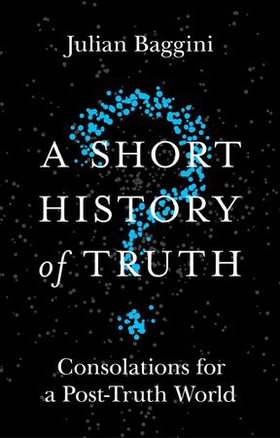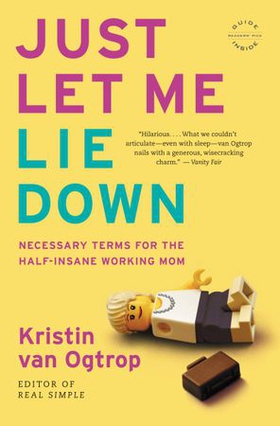
- Sett i bokhyllen
- Les gratis utdrag
A Short History of Truth ebok
How did we find ourselves in a "post-truth" world of "alternative facts"? And can we get out of it? A Short History of Truth sets out to answer these questions by looking at the complex history of truth and falsehood. It identifies ten types of supposed truth and explains how easily each can become the midwife of falsehood. There is no species of truth that we can rely on unquestioningly, but that does not mean the truth can never be established. Attaining truth is an achievement we need to work for, and each chapter will end up with a truth we can have some confidence in.
This history builds into a comprehensive and clear explanation of why truth is now so disputed by exploring 10 kinds of truth:
1. Eternal truths.
2. Authoritative truths.
3. Esoteric truths.
4. Reasoned truths.
5. Evidence-based truths.
6. Creative truths.
7. Relative truths.
8. Powerful truths
9. Moral truths.
10. Holistic truths.
Baggini provides us with all we need to restore faith in the value and possibility of truth as a social enterprise. Truth-seekers need to be sceptical not cynical, autonomous not atomistic, provisional not dogmatic, open not empty, demanding not unreasonable.














